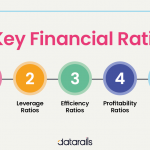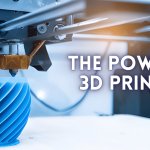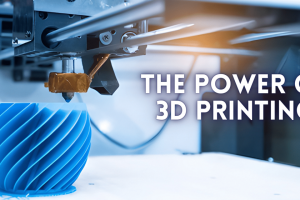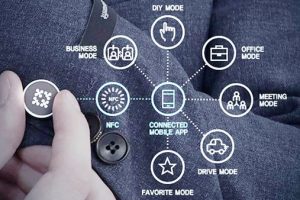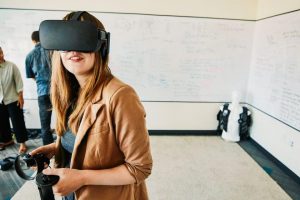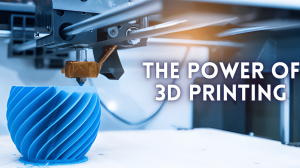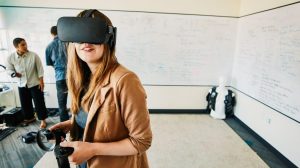In the words of Sundar Pichai, CEO of Alphabet Inc., “Artificial Intelligence is more profound than electricity or fire.” This powerful technology is revolutionizing industries and changing the way we live, work, and play. This article will delve into how AI is powering transformations in various industries, supported by compelling real-world examples.
AI in Healthcare
Artificial Intelligence is significantly reshaping the healthcare sector. It is being utilized in a range of applications, from diagnosing diseases to personalizing treatment plans, and even improving drug discovery.
One striking example of AI in healthcare is the use of AI algorithms to detect diseases. Google’s DeepMind developed an AI system that can detect over 50 eye diseases as accurately as expert doctors. This has huge implications for early diagnosis and treatment, potentially saving millions of lives.
AI in Manufacturing
The manufacturing industry is also reaping the benefits of AI. AI-powered predictive maintenance can anticipate equipment failures before they occur, thereby reducing downtime and maintenance costs. Moreover, AI-driven automation can enhance productivity and efficiency on the factory floor.
General Motors, for example, uses AI to analyze images of their equipment and detect signs of failure. This enables them to conduct maintenance before the machines break down, saving both time and money.
AI in Retail
Artificial Intelligence is transforming the retail industry by personalizing the customer experience and optimizing supply chain management. AI can analyze customer behavior and preferences to offer personalized product recommendations, thereby driving sales and enhancing customer loyalty.
Amazon’s AI-powered recommendation system is a prime example of this. It analyzes each customer’s browsing and purchasing history to suggest products that they might be interested in, leading to a significant increase in their sales.
AI in Financial Services
AI is revolutionizing the financial services sector with its ability to analyze large volumes of data and make fast, accurate predictions. AI can automate complex tasks such as fraud detection and risk assessment, and provide personalized financial advice.
JP Morgan Chase, for example, uses AI to analyze legal documents and extract relevant information, a process that used to take thousands of hours of human work.
AI in Transportation
The transportation industry is undergoing a major transformation due to AI. Self-driving cars, powered by AI, are no longer a thing of the future but a reality of today. AI is also being used to optimize logistics and supply chain operations.
Tesla’s self-driving cars are a notable example of AI in transportation. These vehicles use AI to analyze sensor data and make decisions in real-time, enabling them to navigate roads autonomously.
Conclusion
From healthcare and manufacturing to retail, financial services, and transportation, AI is revolutionizing industries and setting the stage for a future driven by intelligent machines. While the journey of AI is just beginning, it’s clear that this powerful technology holds the key to a myriad of opportunities and transformations. As Microsoft’s CEO, Satya Nadella, succinctly put it, “The future is not just about technology, but about the technology of intelligence.” AI, with its profound implications and vast potential, is indeed the technology that will shape our future.
